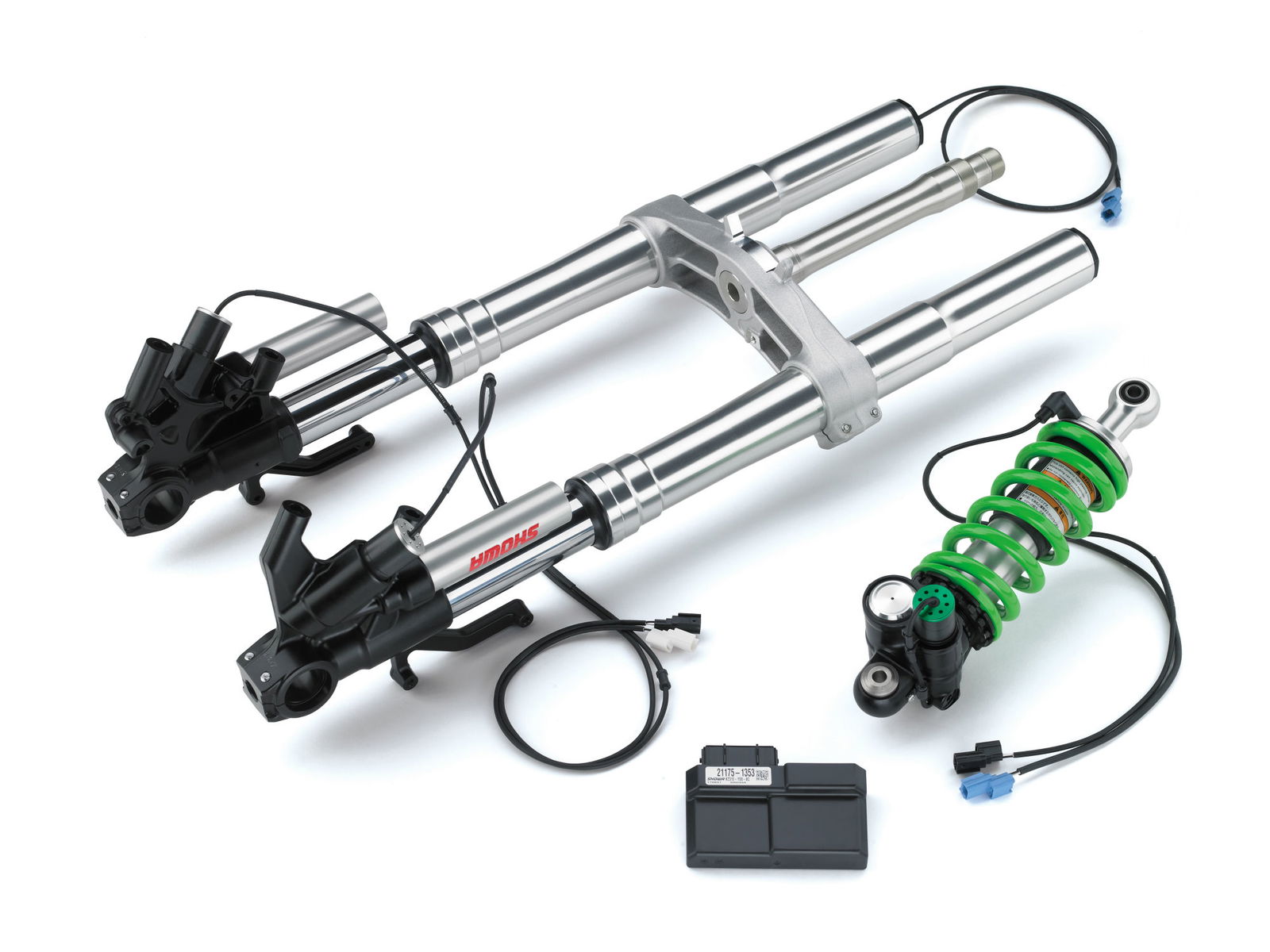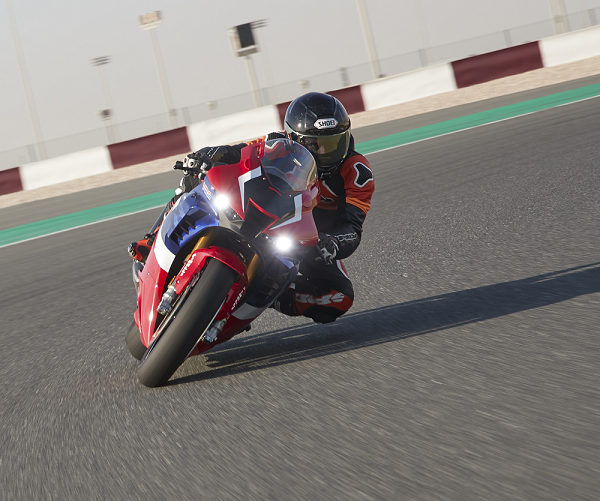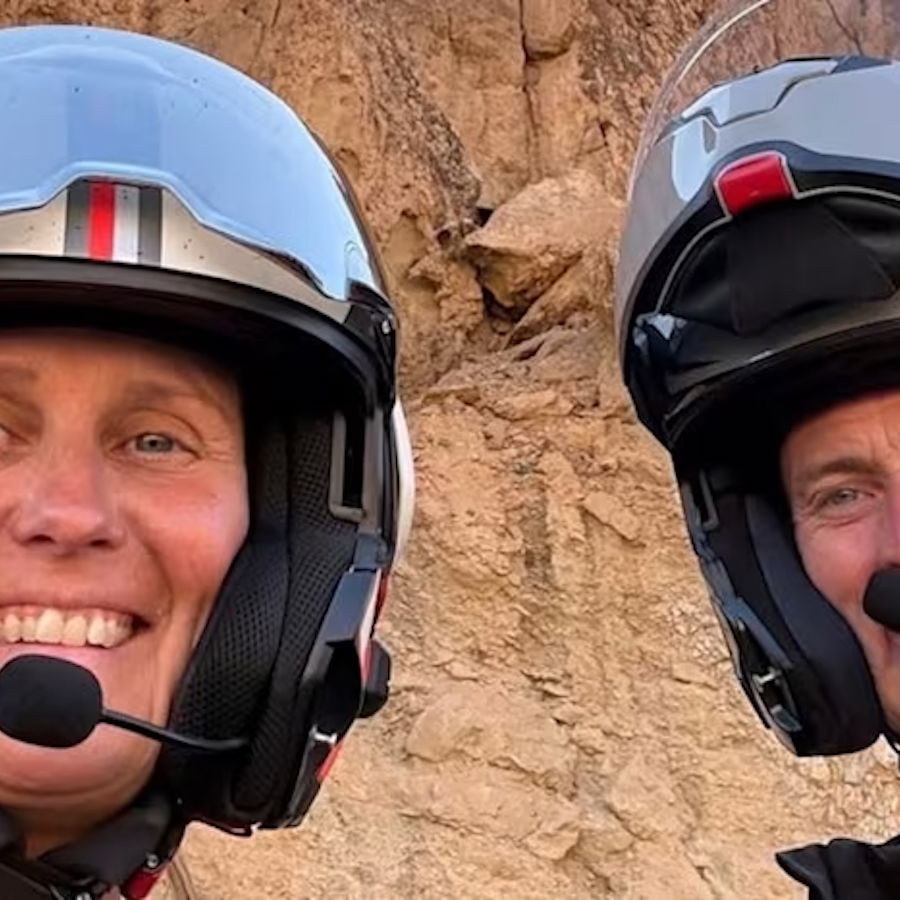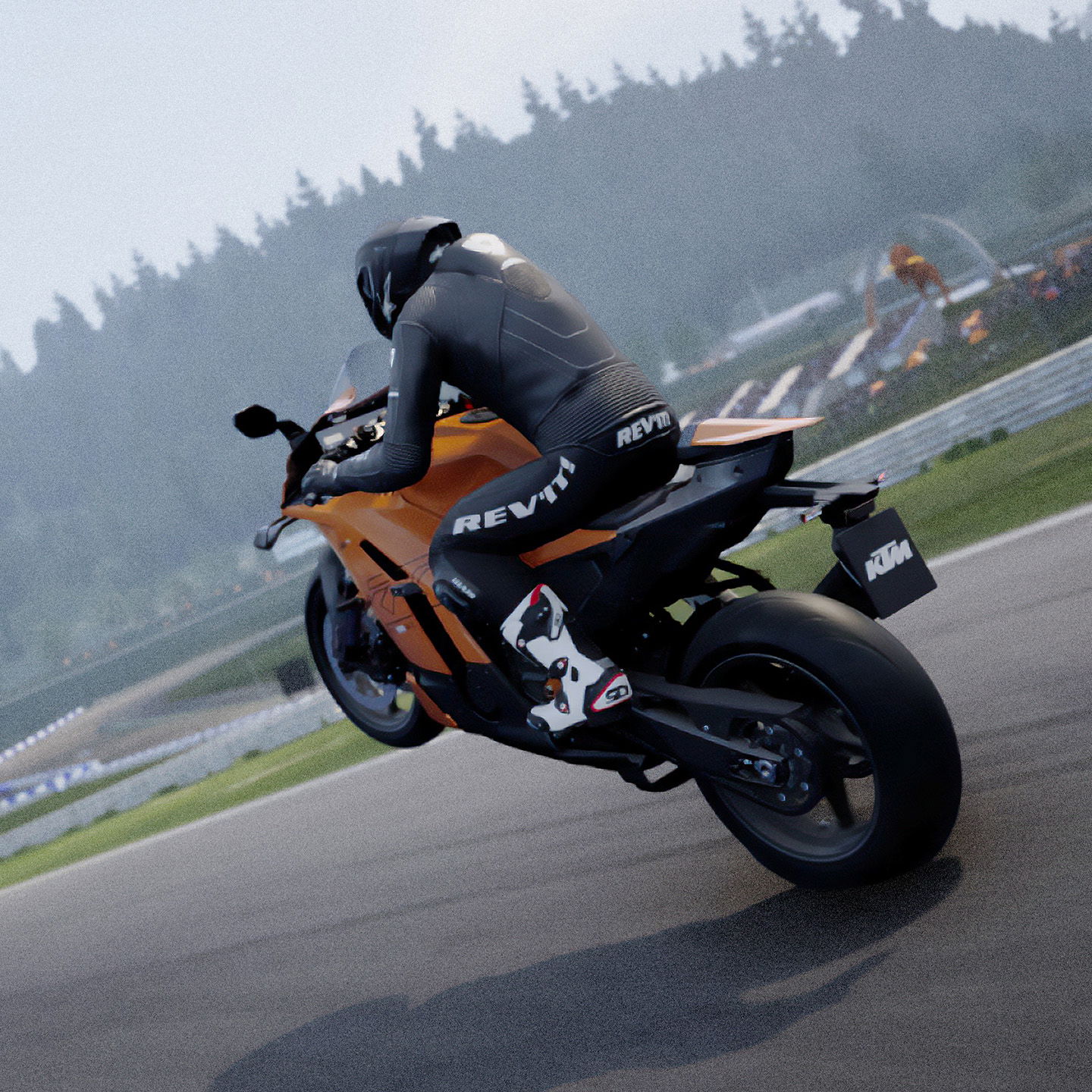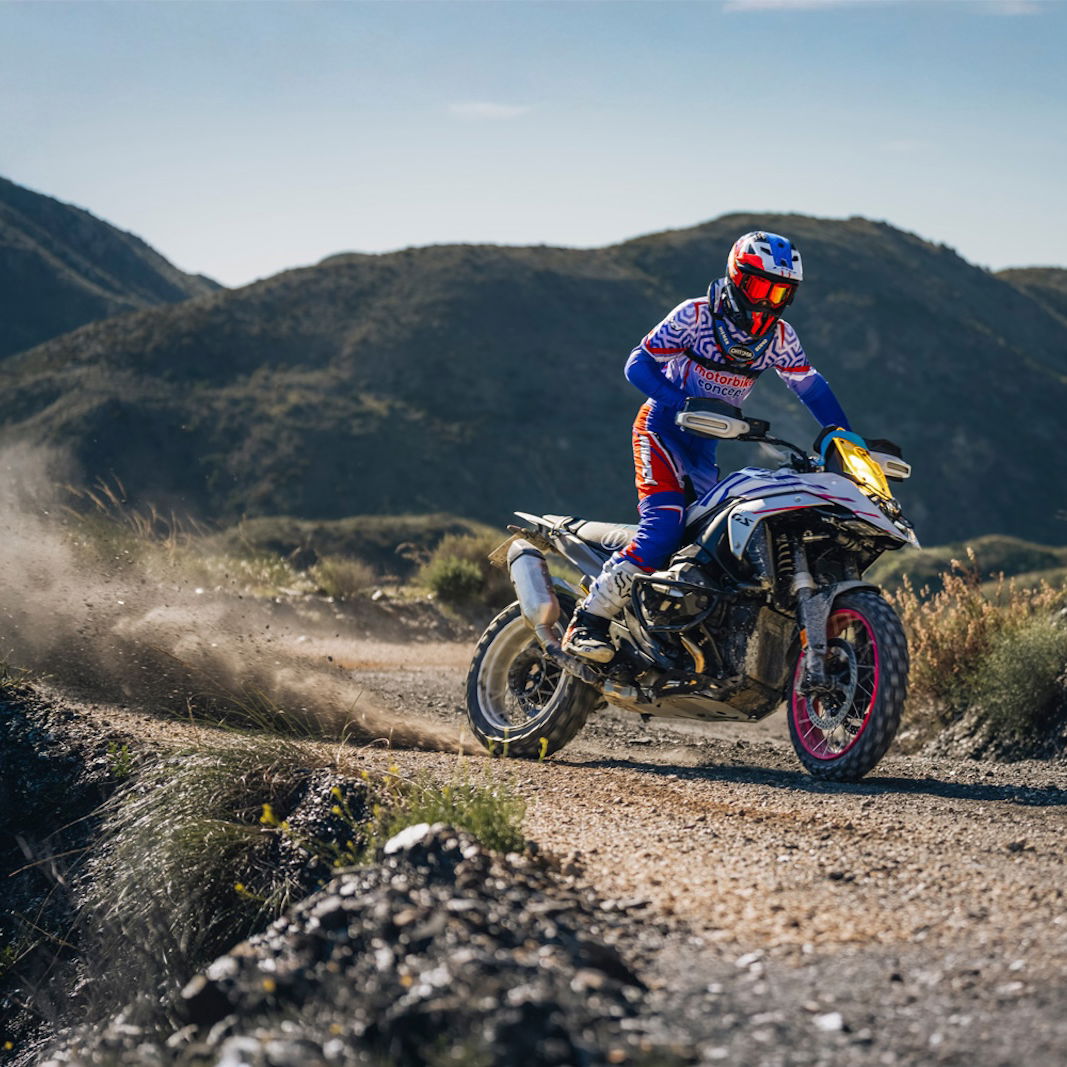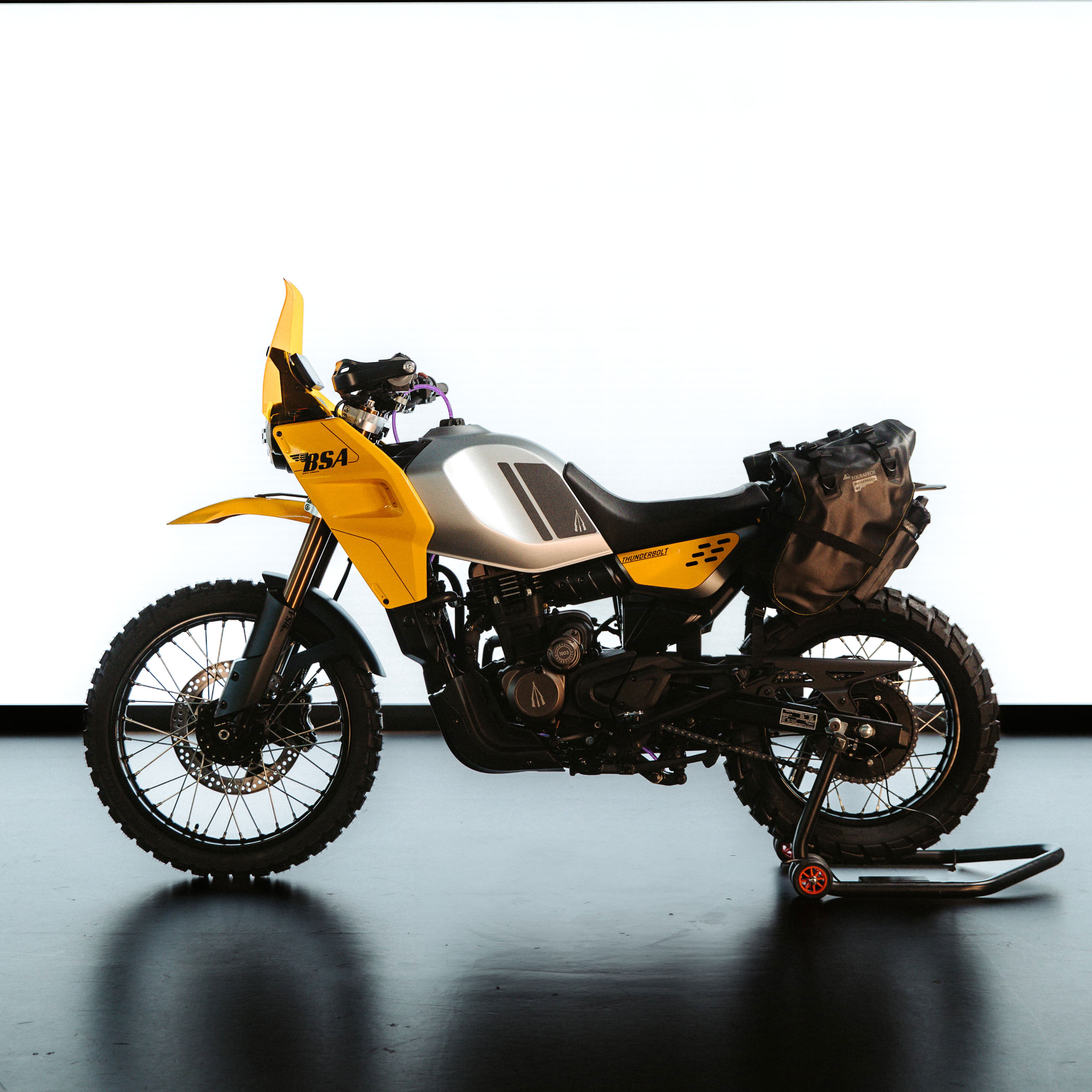Top tips for riding in snow - when you have no other option!
Riding in snow and ice is rarely ideal, but when winter leaves you no choice, these practical tips will help you stay upright and in control on treacherous roads.

Riding a motorcycle in ice and snow is rarely a good idea, but in the UK winter doesn’t really give us a choice. With cold snaps, snow flurries and icy mornings all but guaranteed, some of you will inevitably be wondering how on earth you’re meant to get to work when the roads turn white.
If you genuinely have no alternative and need to keep riding through winter, this guide explains how to ride a motorcycle in snow and ice as safely as possible.
You might also want to check out our guide to preparing your motorcycle for winter, which covers everything you need to know to keep your bike in good shape until the warmer months return.
For everything else, read on.
How to ride a motorcycle in snow
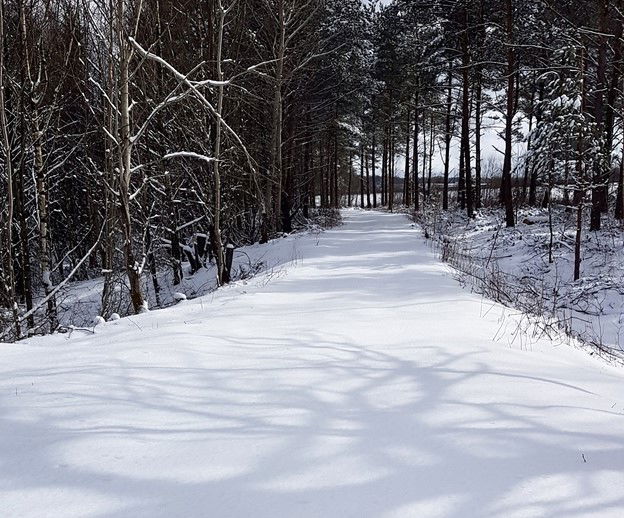
How do you ride in fresh snow?
Fresh, untouched snow – sometimes called virgin snow – is easy to spot, because it looks like you’re the first vehicle to pass along that stretch of road.
Surprisingly, this can actually be one of the better snow conditions to ride on, provided you can clearly see the edges of the road and any street furniture. As your tyres roll over the snow, it gets compacted and moulded into the grooves of the tread, which can offer slightly more grip than riding on already polished snow.
That said, fresh snow can still be hiding a layer of ice underneath, so the surface can turn treacherous without warning.
As with all winter riding, keep speeds low. If possible, trickle along just above tickover and use a gear or two higher than you normally would in the dry. Doing so keeps the engine well away from peak torque and power, dulling throttle response and making any inputs far less abrupt.
It can be tempting to slip the clutch constantly, but that brings its own risks. A small wobble at the bars could lead to an unintended release of the lever and a sudden spike in drive to the rear wheel. Instead, select a gear you’re comfortable with, release the clutch fully, and leave it alone unless you actually need to change gear or stop.
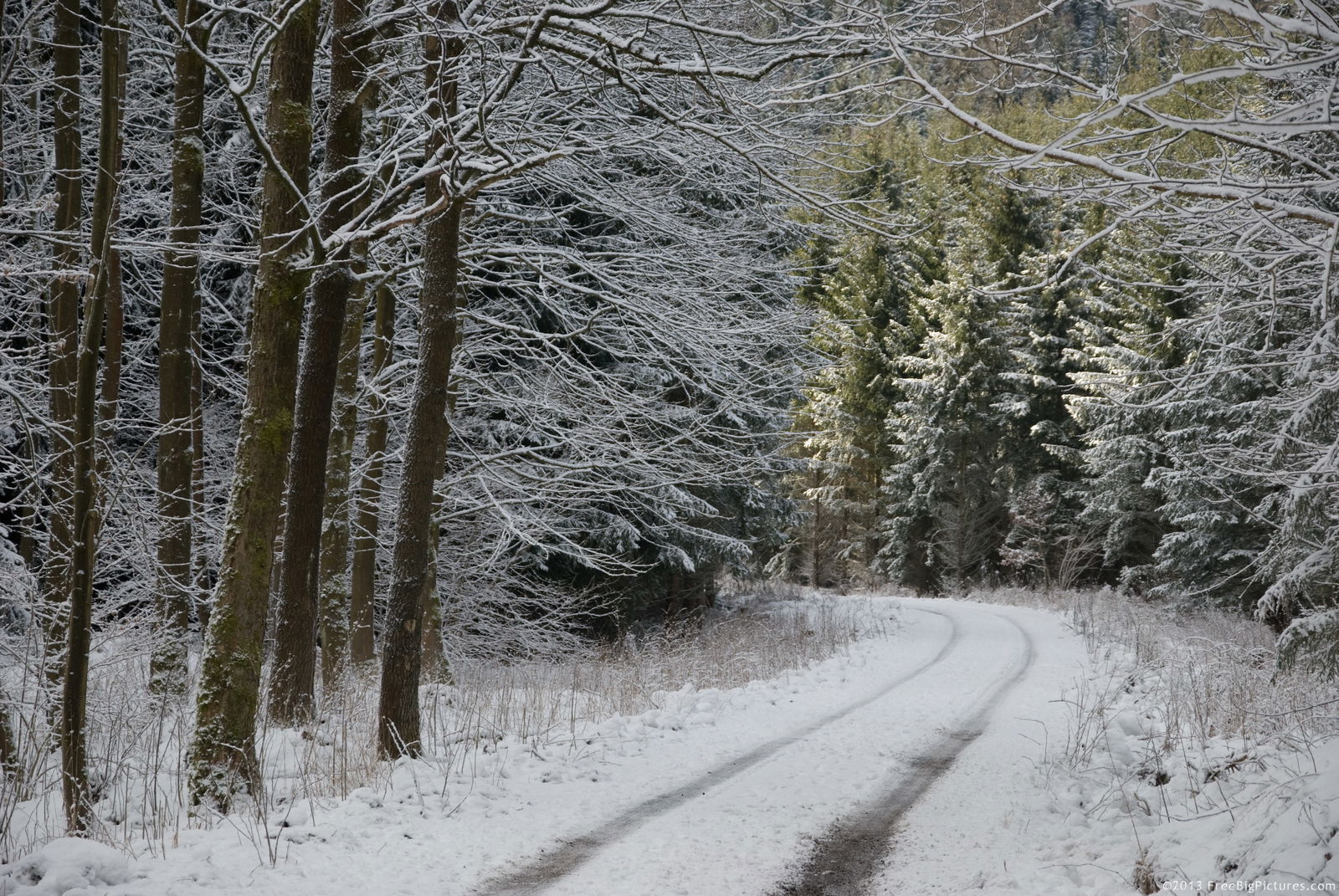
How do you ride on already compacted snow?
Compacted snow is what you’ll find on roads that have already seen traffic, with clearly defined tyre tracks carved into the surface.
It’s instinctive to follow those tracks, but that’s often a mistake. Compacted snow can become polished and almost as slippery as sheet ice, and once you drop into a tyre groove it can be difficult to climb back out. Where possible, aim for the centre of the road and use the fresher snow instead. Take extra care when crossing tyre tracks at junctions and roundabouts, where traction can disappear instantly.
The same rules apply regarding high gears and gentle throttle inputs, but expect the bike to move around more. Speeds should be even lower, and your focus should be entirely on what the bike is doing beneath you.
Much like riding on slippery clay or mud, you have to accept that some sliding is inevitable. The key is to stay relaxed. Tensing up will only make things worse. There’s often a temptation to paddle along with your feet, but your boots rarely have more grip than the tyres, and trying to stop 200kg of motorcycle sliding sideways with your legs usually ends badly. Sometimes the best thing you can do is let the bike move and ride it out.
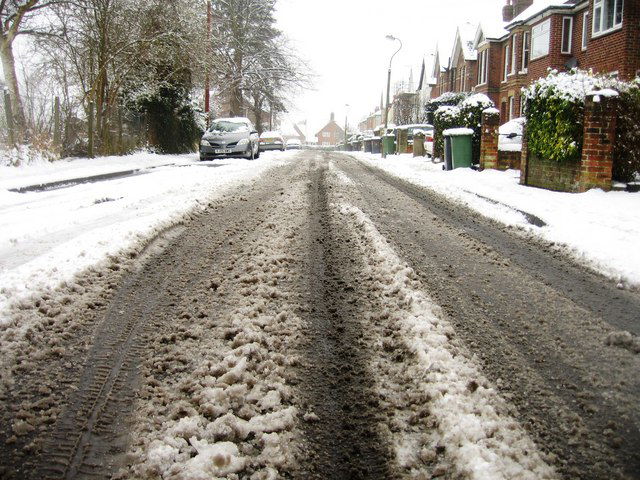
How do you ride a motorcycle in slush?
Once the gritters have been through and temperatures start to rise, you’re left with slushy, wet, grey roads. Slush has one advantage over compacted snow: your tyres may be able to cut through it and find the tarmac underneath.
The downside is what lurks in the gaps. Areas that haven’t been properly treated can conceal a motorcyclist’s winter nemesis – black ice. As always, caution is essential.
Keep speeds low and your eyes up. Black ice is effectively invisible, and with road grime, salt spray and visor mist all competing for your attention, spotting it at anything above walking pace is unlikely. Low speed is your biggest ally here. If you do hit a patch, a gentle pace gives you the best chance of skimming across it before the tyres fully realise they’ve lost grip.
Picture: Sebastian Ballard
How to ride a motorcycle in snow | Top Tips
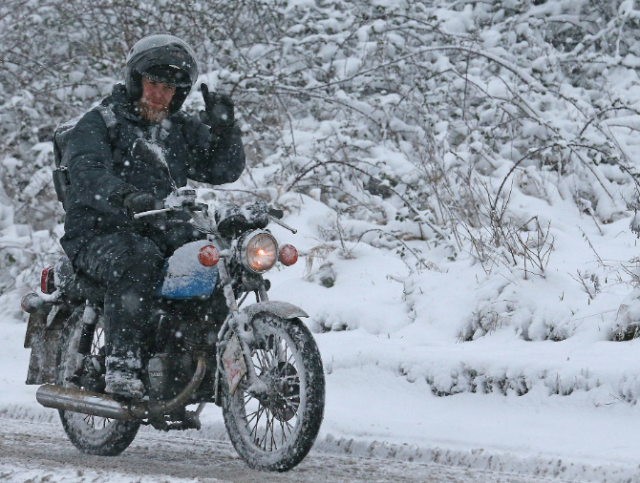
Get in the right gear - your clothing!
Being cold makes you tense, and tension dulls your reactions. Wear the warmest gloves, boots and textiles you have. Zip jackets and trousers together to keep draughts out, and layer properly underneath.
While thin inner gloves might sound appealing, dexterity matters more than bulk in these conditions. Heated gloves or heated grips – ideally both – are far more effective.
Head here to check out our guide to buying the best-heated motorcycle clothing.
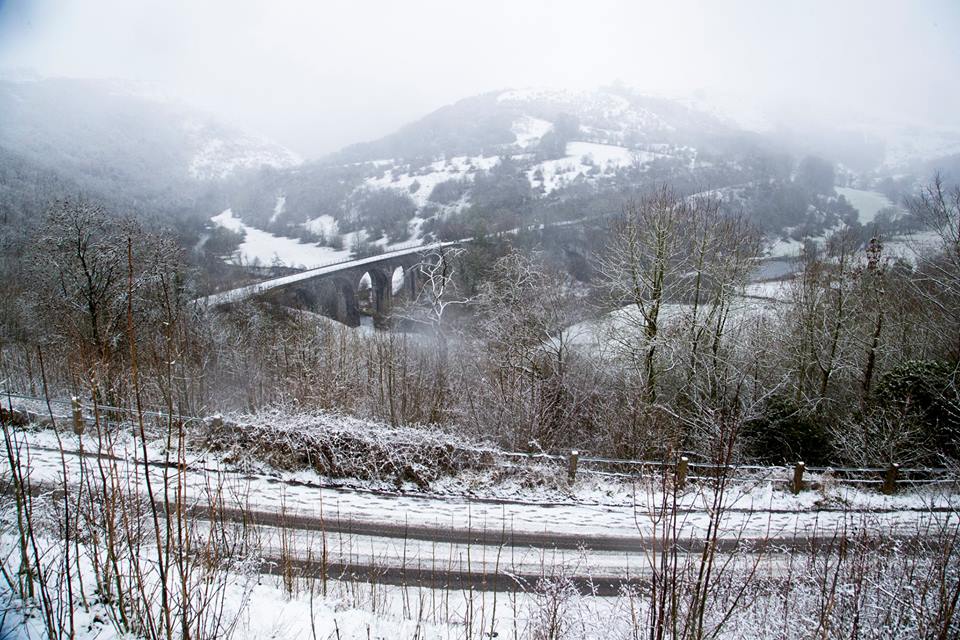
Get in the correct gear - the ratio!
For snow riding, you want to be in the highest usable gear at any given moment. This softens power delivery and reduces the risk of wheelspin. Pulling away in second gear, using low revs and a gentle clutch slip, can also help.
The golden rule is to keep revs low and all inputs smooth. No stabbing at the throttle and no grabbing the brakes. Everything needs to be deliberate and controlled.
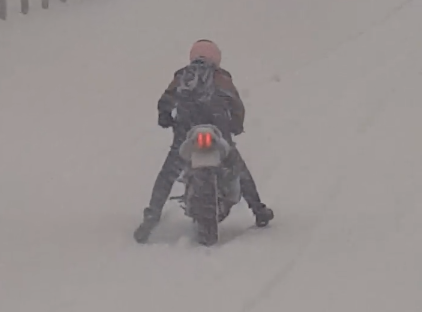
Take a seat
In mud and off-road conditions, standing can help. In snow, it’s usually better to stay seated. Keeping your feet close to the ground means you can deploy them quickly if needed – and chances are, you will.
Loosen up
Riding in snow is stressful, but tension only reduces control. Relax your shoulders, keep your elbows bent and avoid locking your arms. It’s easier said than done, but it makes a noticeable difference.
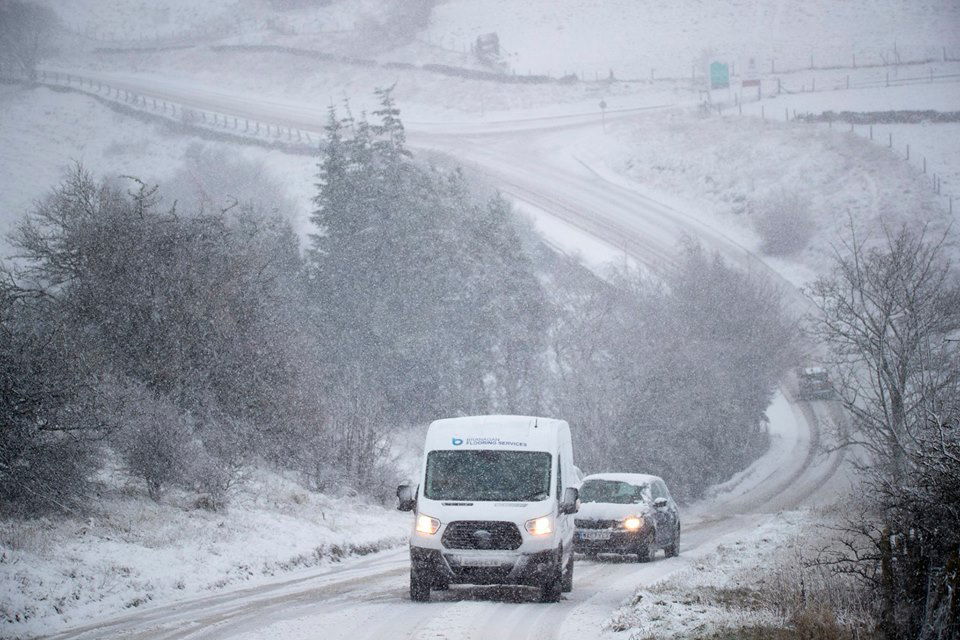
Know where you’re going
Sudden changes of direction are a bad idea on slippery roads. Plan your route, take your time, and accept that mistakes happen. If you miss a turn, ride on and loop back rather than attempting a tight U-turn.
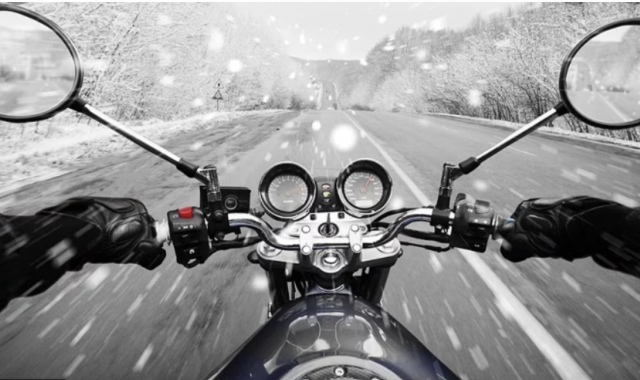
Don’t mix it up
In the dry, riding is a finely balanced blend of braking, throttle and steering that becomes instinctive over time. In snow, that approach doesn’t work. Inputs need to be separated and controlled.
Slow down early, in a straight line, using engine braking where possible. Take corners gently and don’t be afraid to trail a foot or two for balance. Only once the bike is upright and pointing straight should you think about adding throttle – and remember the rule about high gears.
Any braking or acceleration while leaned over can easily result in a fall. Even the most advanced traction control systems are calibrated for wet or dry tarmac, not snow and ice.
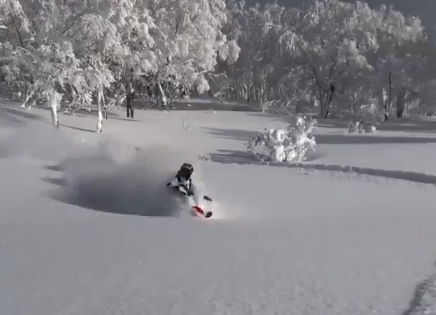
A Quickshifter might not be the best option
If your bike is equipped with a quickshifter, it’s best avoided in snow. Clutching gear changes allows you to feed power back in smoothly, whereas a quickshifter’s abruptness can unsettle the tyres at exactly the wrong moment.
Everything takes longer in snow
Stopping distances increase dramatically in snow. Acceleration is slower, cornering takes more time, and reactions need to be calmer and more measured. Leave at least double the following distance you would in the wet, and start braking far earlier than usual.
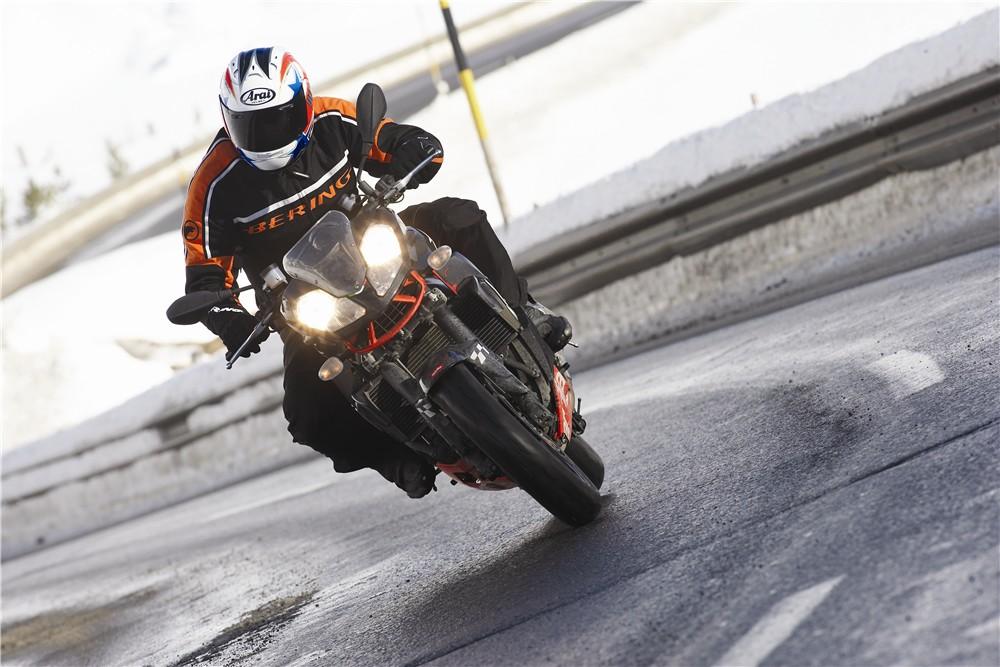
Keep your visor clear
Poor visibility makes winter riding even harder than it needs to be. Use a Pinlock, fit a breath guard and keep your visor clean. A thin balaclava under your helmet will help keep your head warm and your concentration sharp.
Leave the Supercorsas in the garage
Sports tyres won’t warm up, won’t clear snow and won’t offer meaningful grip. Adventure tyres, or deeply grooved touring tyres in good condition, are vastly more suitable for winter riding.
Check out our complete guide to getting your bike ready for winter here.
Be bright
Hi-vis might not win style points, but in snow it dramatically improves your chances of being seen. Reflective decals on your helmet are better than nothing. Other road users will need longer to stop, so anything that helps them spot you sooner is a win.
So there you have it: Visordown’s complete guide to riding a motorcycle in snow and icy conditions. Remember, you should only ride in these conditions if you genuinely have no other option – unless you happen to be on a proper enduro bike, in which case it can actually be rather good fun.
![Scott Redding - Be Wiser Ducati, 2019 BSB [credit: Ian Hopgood]](https://cdn.visordown.com/field/image/IMG_6912.JPG?width=1600)
